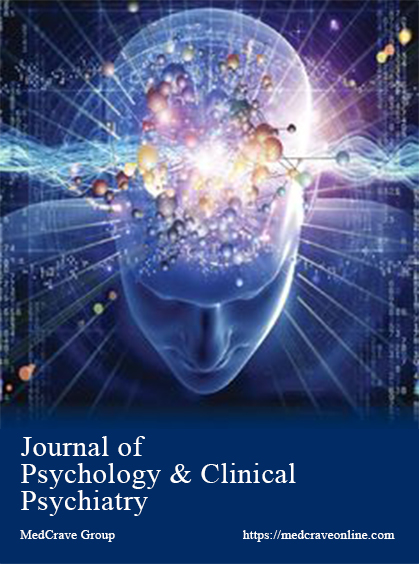The truth about what works in psychotherapy
The truth about what works in psychotherapy
Author(s): Keith Klostermann, Theresa Mignone, Melissa Mahadeo, Emma PapagniSubject(s): Individual Psychology, Psychology of Self, Clinical psychology, Behaviorism, Psychoanalysis, Health and medicine and law, Societal Essay
Published by: MedCrave Group Kft.
Keywords: psychotherapy; medicine; mental health;
Summary/Abstract: Why do we believe things that are not true? The answer to this question may be best considered in terms of the list of possible explanations and include categories such as true-truths, true-lies, and false-truths. True-truths might be considered things we believe to be true which genuinely are (e.g., the world is round; losing weight requires eating fewer calories and exercising). True-lies may be thought of as things we believe to be false and which actually are (e.g., the Easter Bunny, Santa Claus). False-truths are those things that we believe to be true but are not (e.g., drinking eight glasses of water a day improves health, Napoleon was unusually short). Basically, we seem to trust in assumptions about the way the world operates that seem so obviously true that we fail to test them - and in failing to check these basic assumptions, we slam the door shut on finding new and better ways to do things.
Journal: Journal of Psychology & Clinical Psychiatry
- Issue Year: 10/2019
- Issue No: 1
- Page Range: 57-58
- Page Count: 2
- Language: English

